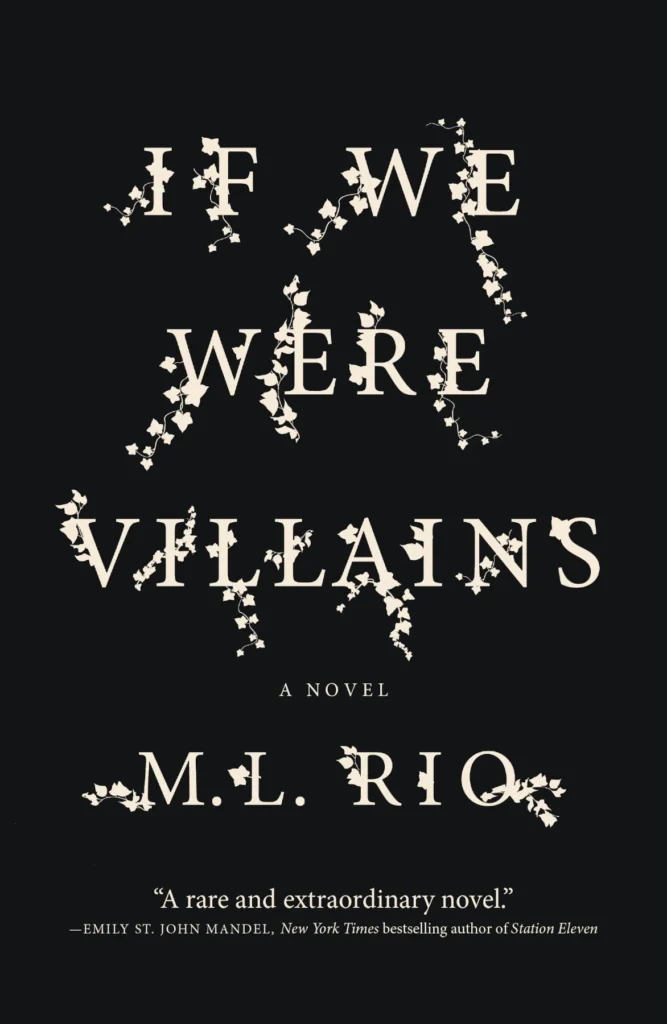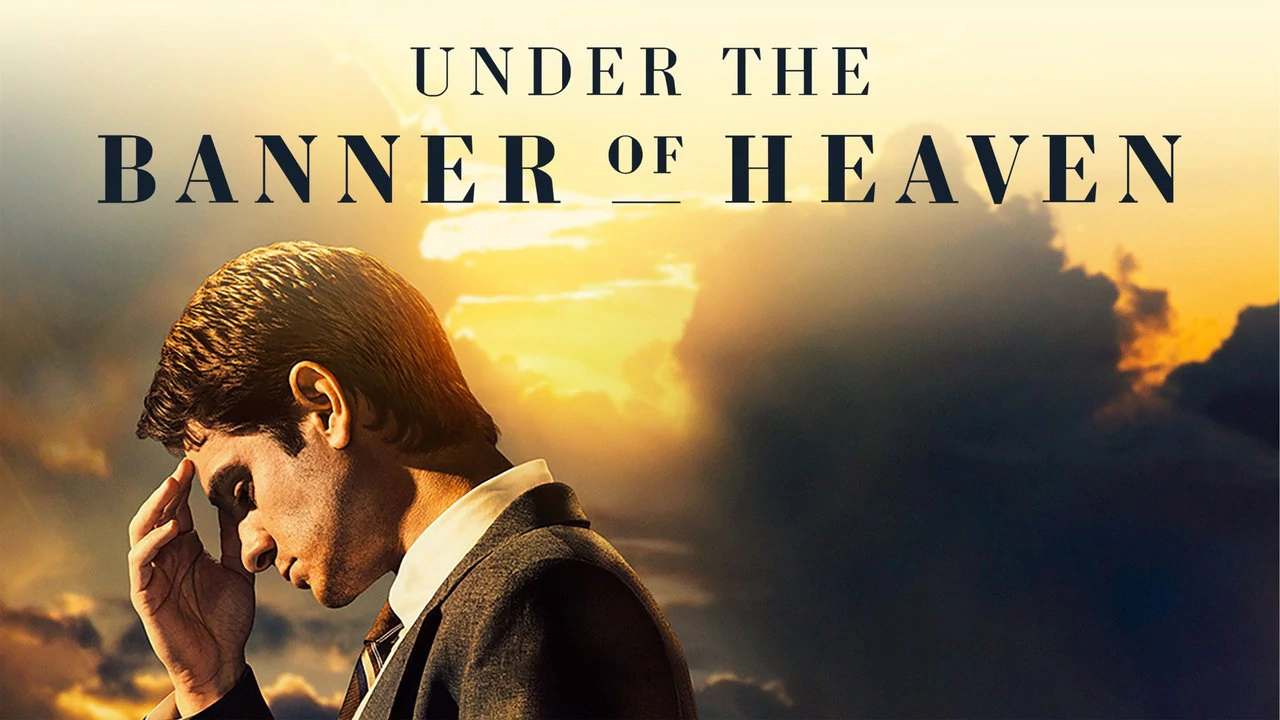
June Staff Picks: Modern Myths, Fire Island, and True Crime!
Words By F(r)iction Staff
Eileen Silverthorn
Along with many other true crime aficionados out there, I have been watching Under the Banner of Heaven on Hulu. The show is based on the true crime nonfiction book of the same name by Jon Krakauer. Set in the ’80s, it takes place in Salt Lake Valley, Utah and tells the story of a young woman and her infant who were gruesomely murdered. The pool of suspects consists of a prominent Mormon family, some of whose members have been spiraling into the fundamentalist branches and history of the Church of Jesus Christ of Latter-day Saints. Though I am not a member of the church, I spent my late childhood and teen years within the Mormon community, given that most of my friends were a part of it. This show has brought up all kinds of memories and feelings for me as I reflect on growing up in that culture, even as an outsider within it. But despite the show hitting close to home, I’m eager to keep watching—the storytelling is riveting, and the crisis of faith explored through Detective Jeb Pyre (played by Andrew Garfield)—a Mormon investigating the history and principles behind his own church—is intensely emotional.
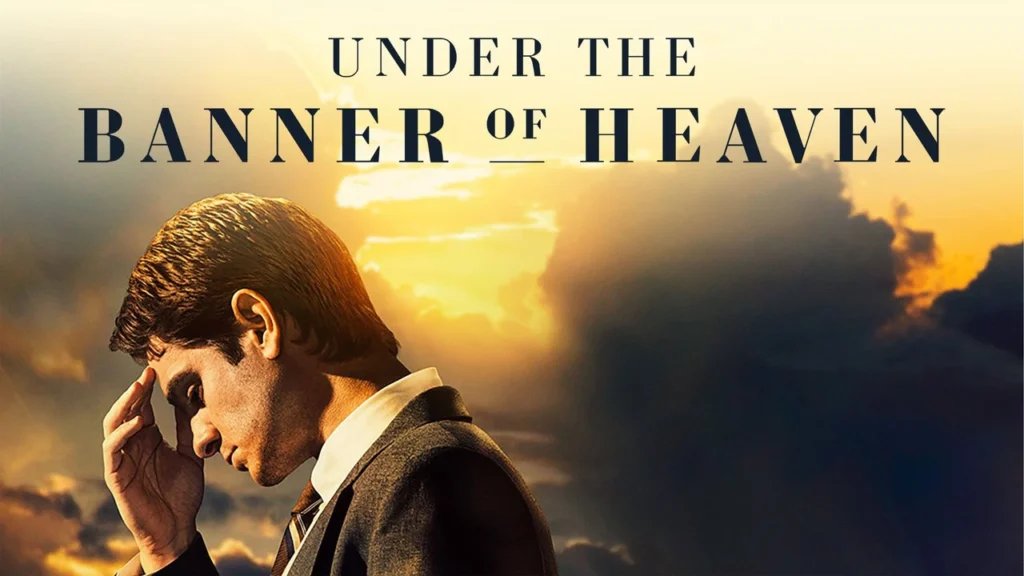
C. E. Janecek
Whenever I decide to learn something new, I inevitably try to read a startling number of books on the topic. This summer, I signed up for classes with Queer ASL and before the semester even started, I was reading memoirs and novels by Deaf authors to absorb more about the culture and language I wanted to start learning. The book that I devoured fastest of all, True Biz by Sara Nović, is very likely to be the best novel I’ve read all year (trust me, that’s saying something). True Biz takes place at a Deaf school, following the stories of the headmistress and her tenuous marriage; the school’s golden boy, who comes from a multigenerational Deaf family (until his new baby sister is born hearing); and a girl who’s come to the school as a last chance to acquire a fully-fledged language, after her mother’s resistance to accepting she has a Deaf child. Full of multimedia interludes, Nović incorporates the worksheets on ASL grammar, lesson plans on historical events like Deaf President Now, and Wikipedia articles on the French Revolution—immersing us in the materials the characters themselves are reading and sharing with one another. This book is a keen exploration of education, ableism, and agency and I highly recommend it (as much as I recommend learning American Sign Language with the Deaf teachers at Queer ASL).
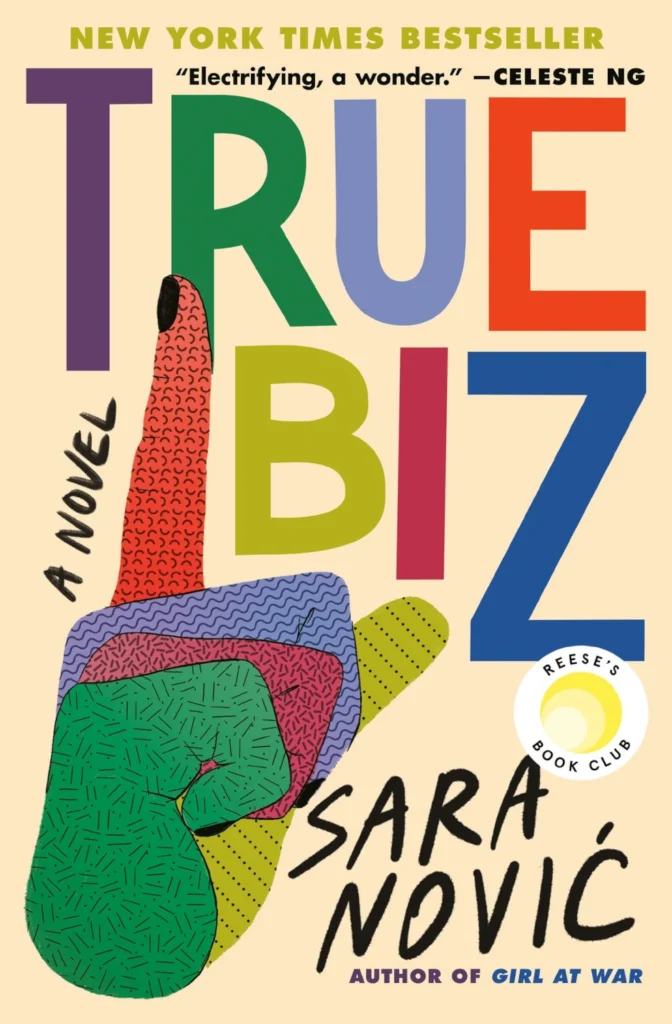
Dominic Loise
Joel Kim Booster successfully transplants Jane Austen to the Long Island, NY queer resort community in his romantic comedy Fire Island. The film does much more than plug Austen into the modern day via this iconic setting. Booster and director Andrew Ahn present characters with their own depth and a cast who all click together with memorable performances. Where Fire Island merges with the spirit of Pride and Prejudice best is Noah (Joel Kim Booster) learning to step back from helping/meddling in matters of the heart for the people that he loves as family so that they can start the next chapter of their self development and relationships their own way.
The heart of the movie isn’t just the Elizabeth/Darcy through line of Noah and Will (Conrad Ricamora), but the “family we choose,” especially the relationship of Noah and Howie (Bowen Yang) and the introspection Noah gains in developing his own relationship with Will by allowing Howie to finally take intimacy at his own pace instead of instilling the hedonistic reassurance techniques that work for Noah. Fire Island is about learning to admit to yourself that maybe what worked for you in past intimate encounters may actually be a protective shield, which hinders having an open and honest relationship with yourself or with someone else.
I enjoyed my time watching Fire Island, as Noah finds himself and his Mr. Darcy—or to paraphrase Jane Austen, “but for my part, if a book (or in this case a movie) is well written, I always find it too short.”
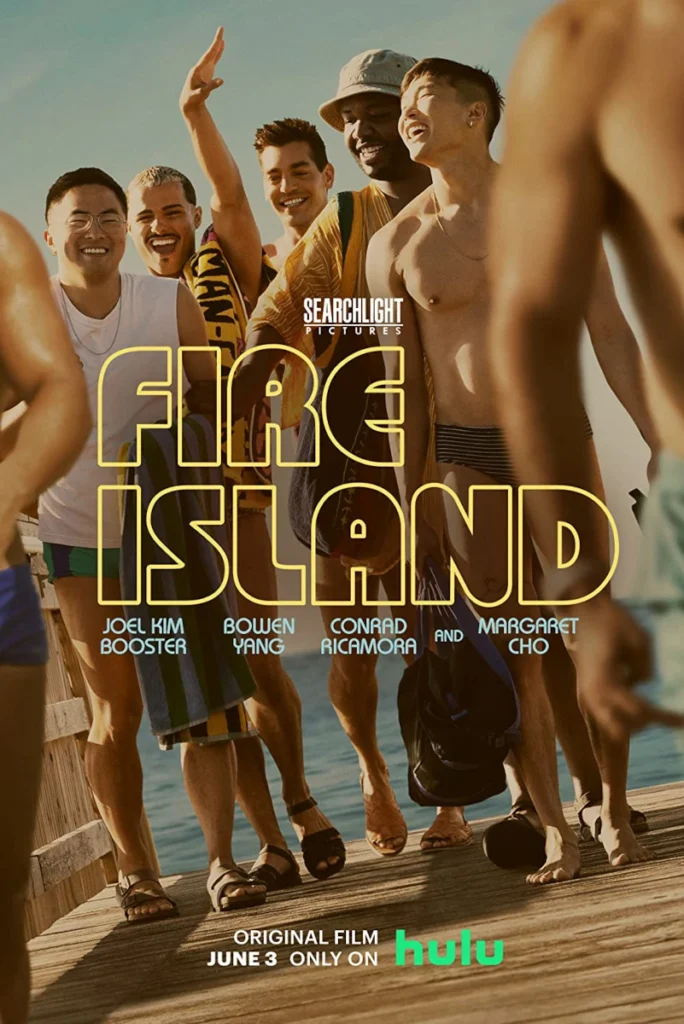
Craig Hartz
I’ve been a huge fan of Matt Bell ever since I read his breathtaking In the House Upon the Dirt Between the Lake and the Woods (what a title, right?!), a brilliant and beautiful and aching modern myth, so when I heard his second novel, Appleseed was being released earlier this year I was absolutely stoked about it. Due to my graduate student budget, I wasn’t able to pick up a copy for a little bit, but was able to snag a copy from Powell’s last month. It’s a hefty tome, but I blew through it in three days. The braided narrative, following three nuanced and arresting characters and spanning well over a thousand years, is part mythological retelling, part climate fiction, part hyper-incisive critique of manifest destiny and American exceptionalism, and all gorgeous. His characters grip and sing, the way he evokes flourishing, dying, and reborn landscapes is nothing short of masterful, and his interweaving of three seemingly disparate narratives together left me in awe. I can’t recommend this book—or really any of his fiction—highly enough.
Erin Clements
I’ve been a fan of everything Shakespeare for years, and I love all things dark academia. A friend of mine has been trying to convince me to read If We Were Villains by M.L. Rio for months, and I finally cracked. I devoured the text and even annotated as I read, and I’m so happy I did. It instantly became my all-time favorite book, and I can’t wait to read it again to pick up on all the foreshadowing and plot intricacies I missed the first time!
Without giving too much away, If We Were Villains follows Oliver Marks—who has just finished doing ten years in prison for a murder he did not commit—as he takes the now-retired lead detective on his case through the truth of what happened that fateful night ten years ago. Set up in the format of one of Shakespeare’s plays, the novel introduces a motley crew of seven, who fit the archetypes of Shakespeare’s works—the hero, the villain, the tyrant, the temptress, the ingenue, and the extra—as they complete their fourth and final year at the prestigious Dellecher Classical Conservatory. When one of the actors is found dead, the line between art and life becomes irreparably blurred.
